|
|
|
|
Nau mai hoki mai and welcome.
The issue of “vaccine hesitancy” is often seen as a potential obstacle to effective vaccination rates in Aotearoa New Zealand – and indeed anywhere. Given the amount of misinformation and outright conspiracy theory in circulation, we are probably right to worry that this crucial stage of the pandemic response could be compromised.
But, as our lead article this week explains, there are bigger barriers to wide vaccine coverage than hesitancy. In particular, simple access to vaccination sites and good health information will be key to ensuring the most vulnerable populations are looked after.
We know age and education levels are significantly associated with vaccine hesitancy, and this affects Māori and Pasific communities in particular. But this is more likely to be a factor when access to health services is already a problem – which is why the simple logistics of the vaccine rollout are so important.
There’s plenty more to read here and on our homepage, including Manying Ip’s passionately argued examination of the draft history curriculum and the concern it may overlook the remarkable 180-years-long New Zealand Chinese story.
Thanks as always for your support and readership. Until next time, mā te wā and all the best.
|
Finlay Macdonald
New Zealand Senior Editor & NZ Editor: Politics, Business + Arts
|

|
|

GettyImages
Jesse Whitehead, University of Waikato; Kate C. Prickett, Te Herenga Waka — Victoria University of Wellington; Polly Atatoa Carr, University of Waikato
Age and education level are the main factors associated with vaccine hesitancy. While this affects Māori and Pacific communities, basic access to health care and information is more important.
|
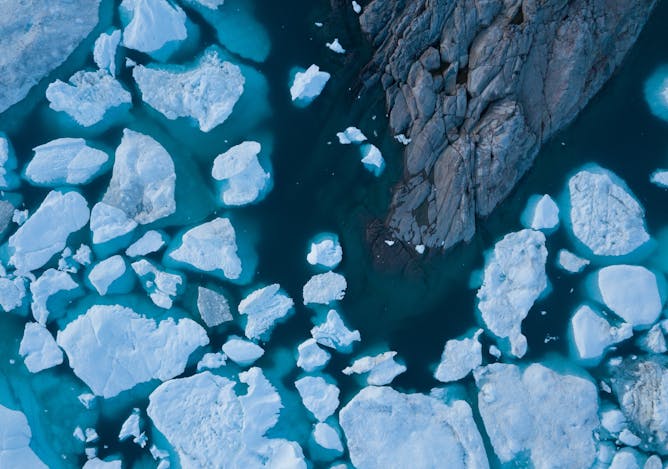
Shutterstock/Michal Balada
Steve Turton, CQUniversity Australia
The Arctic region is warming much faster than the rest of the planet. The rapid loss of ice affects the polar jet stream, which influences weather patterns across the northern hemisphere.
|
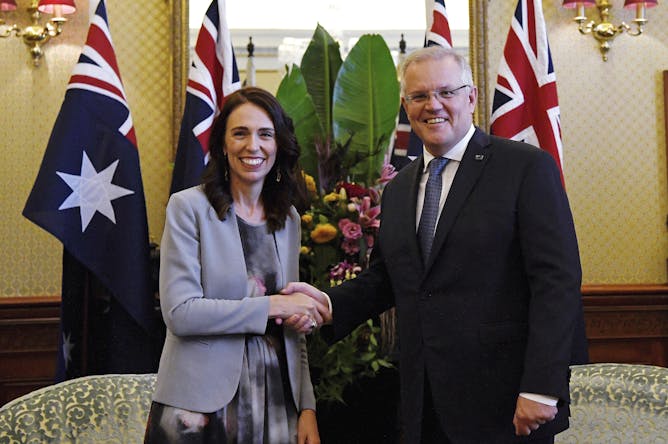
AAP
Alexander Gillespie, University of Waikato
Behind the smiles and the scenic backdrops there are serious issues on the table when Scott Morrison and Jacinda Ardern meet in Queenstown this weekend.
|

Shutterstock/Cherdchai charasri
Michael (Mike) Joy, Te Herenga Waka — Victoria University of Wellington
There is no doubt we need to stop emitting fossil carbon. But if we fixate on replacing fossil fuels with renewable energy and don’t also reduce consumption and energy waste, we risk failure.
|
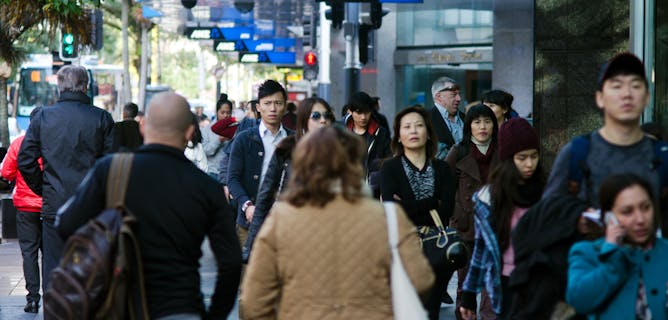
www.shutterstock.com
Manying Ip, University of Auckland
Chinese people have been in New Zealand for over 180 years, but their remarkable story will remain widely unknown if it isn't taught in schools.
|

GettyImages
Ritesh Shah, University of Auckland
Palestinian children are resilient, but even they have been tested by the pandemic and now more military conflict. Securing their right to a safe education should be a priority.
|
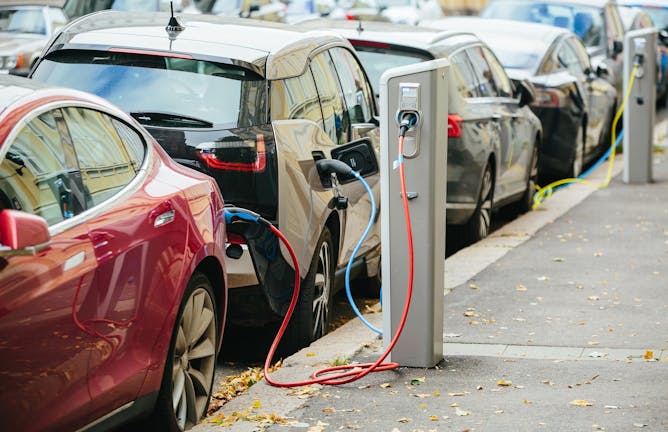
Shutterstock/Scharfsinn
Alistair Woodward, University of Auckland; Kirsty Wild, University of Auckland; Rhys Jones, University of Auckland
Electric cars are being touted as the best way to reduce emissions from transport. But a climate policy that relies on individuals paying for new technology runs the risk of aggravating inequities.
|
From our international editions
|
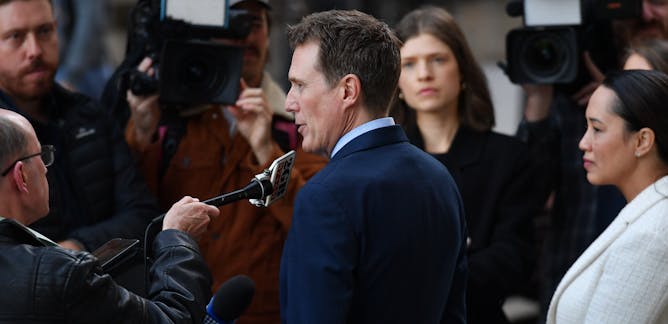
Michelle Grattan, University of Canberra
Christian Porter has settled in his defamation case against the ABC and reporter Louise Milligan
| |

Peter Wark, University of Newcastle
This treatment would work by targeting the SARS-CoV-2 virus itself and stopping it in its tracks. The evidence we have so far is promising, but it's still very early days.
|
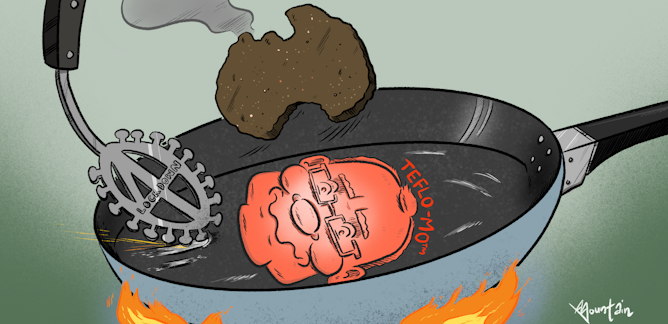
Denis Muller, The University of Melbourne
After months of favourable coverage, this weekend may have marked a turning point in the media's portrayal of Scott Morrison.
| |

Susan H. Kamei, USC Dornsife College of Letters, Arts and Sciences
Young Japanese American men who were incarcerated because they were presumed to be disloyal were considered loyal enough for compulsory military service.
|
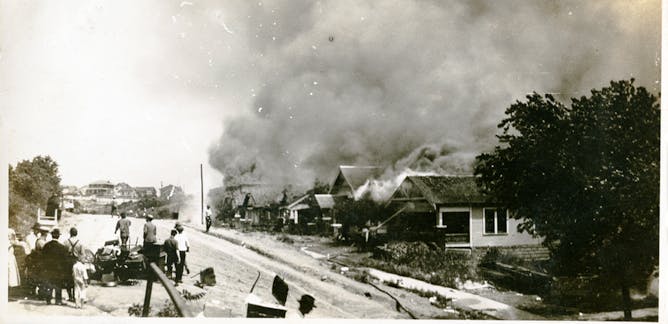
Gregory B. Fairchild, University of Virginia
More Americans are learning about the 1921 massacre in the prosperous Black section of Tulsa known as the 'Black Wall Street.' For Gregory Fairchild, it is a part of his family history.
| |

Gabriel Recchia, University of Cambridge
Some so-called superforecasters are claimed to have predicted the course of the pandemic better than scientific experts.
|

Tangguh Chairil, Binus University
Indonesian defence planners need to assume the worst-case scenario of future weapon system accidents and account for the whole acquisition lifecycle in weapon system procurements.
| |
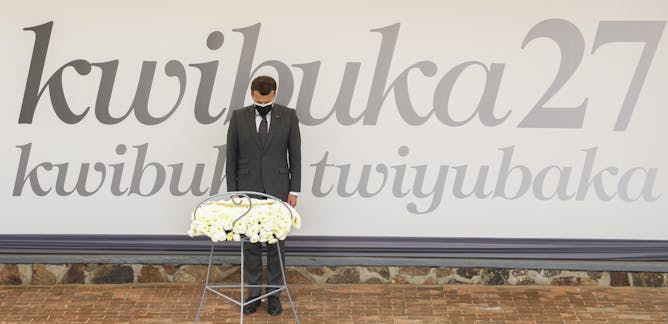
Jonathan Beloff, SOAS, University of London
It will take time for Rwandans, especially those who suffered or witnessed the genocide, to trust France again.
|

Eleonore Fournier-Tombs, McGill University
The new EU regulation is about to change the way we do artificial intelligence. The United Nations needs to follow suit.
| |
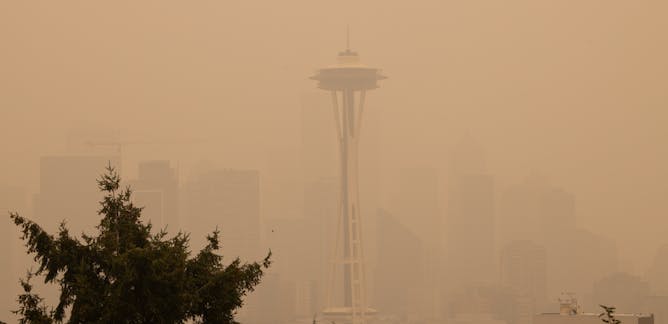
Sarah Henderson, University of British Columbia; Mike Flannigan, University of Alberta
Wildfire smoke is both inevitable and largely unpredictable. We need to change our activities and behaviours to limit exposure to wildfire smoke and protect health.
|
|
|
| |
| |
| |
| |
| |
| |
|
|
|
|
|
|
|